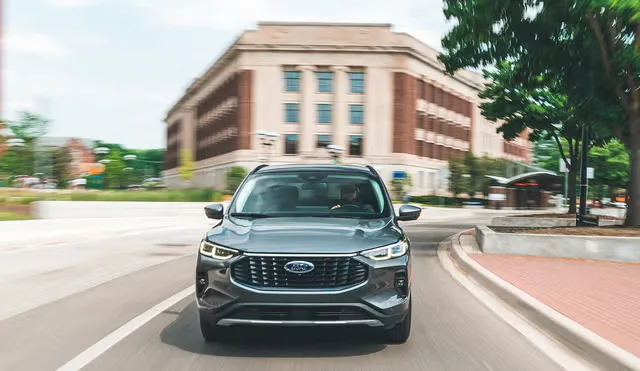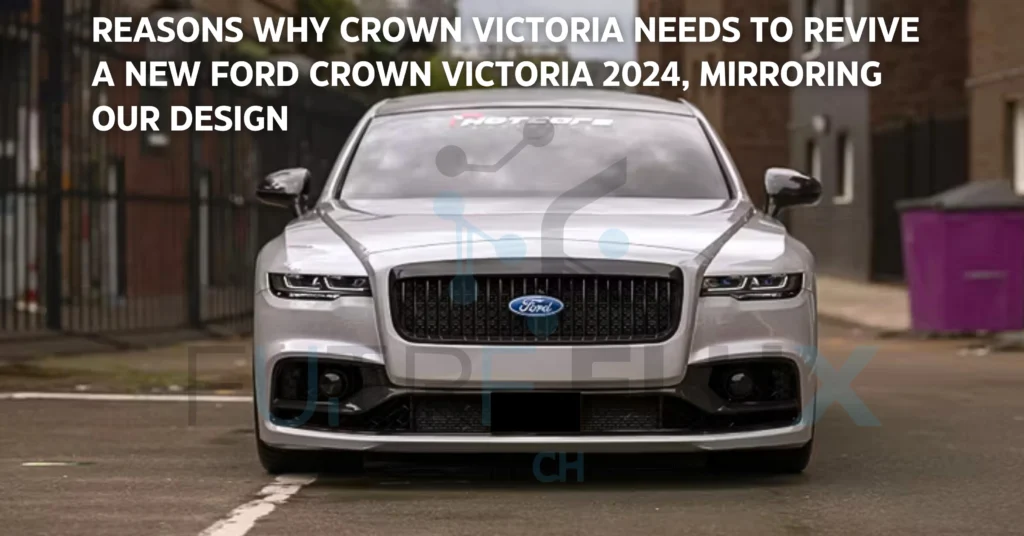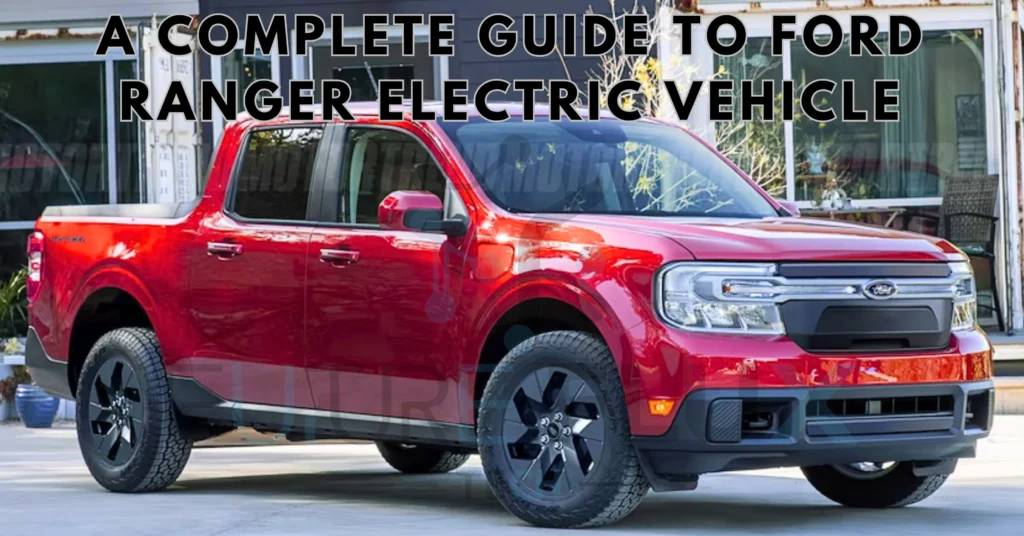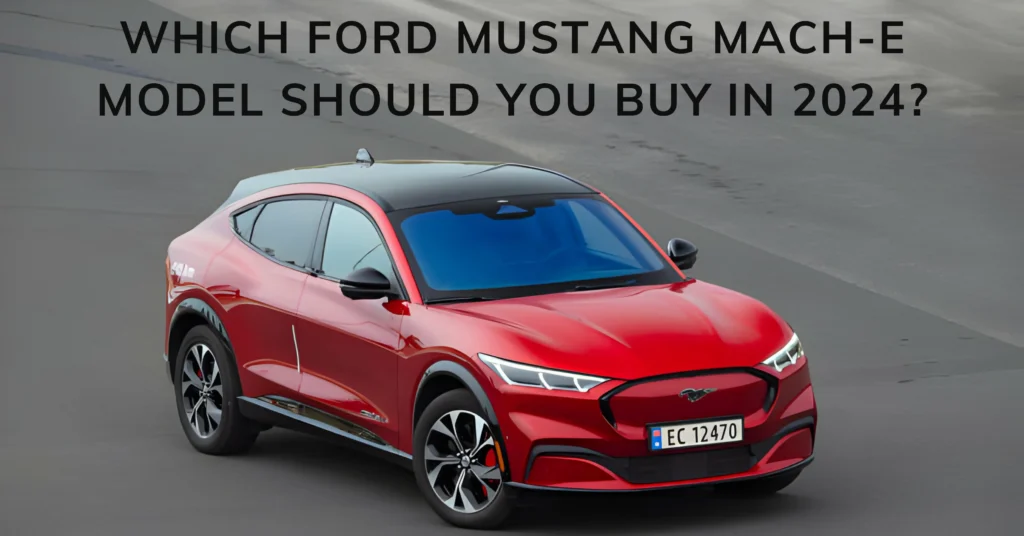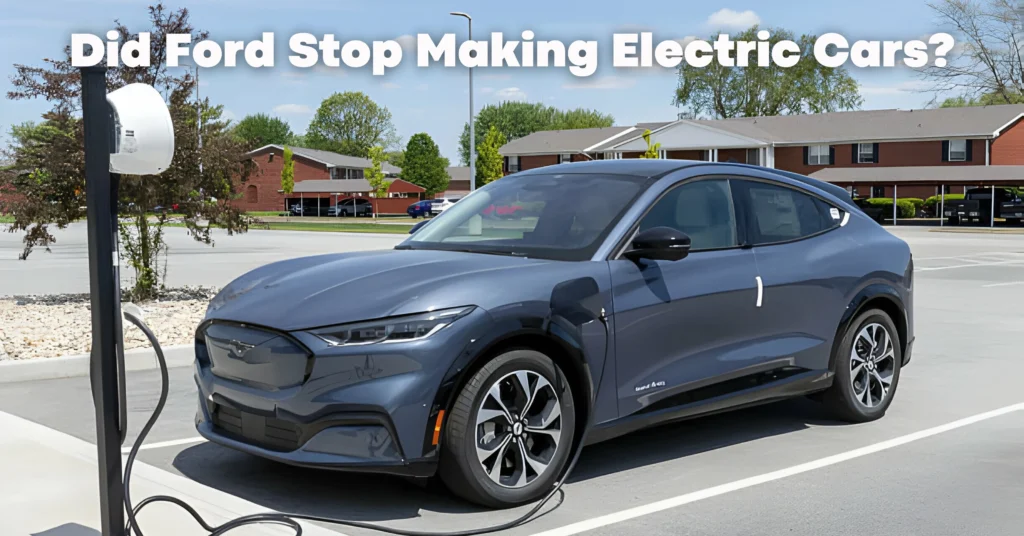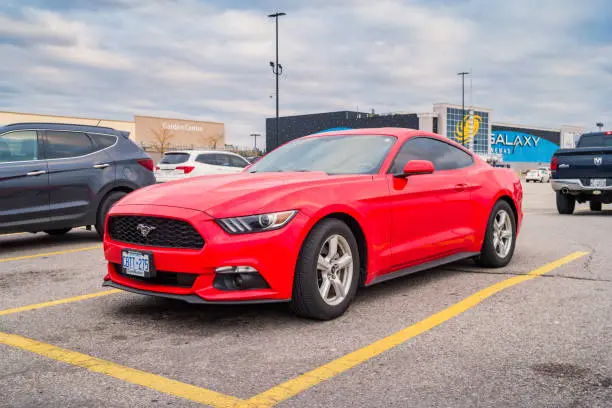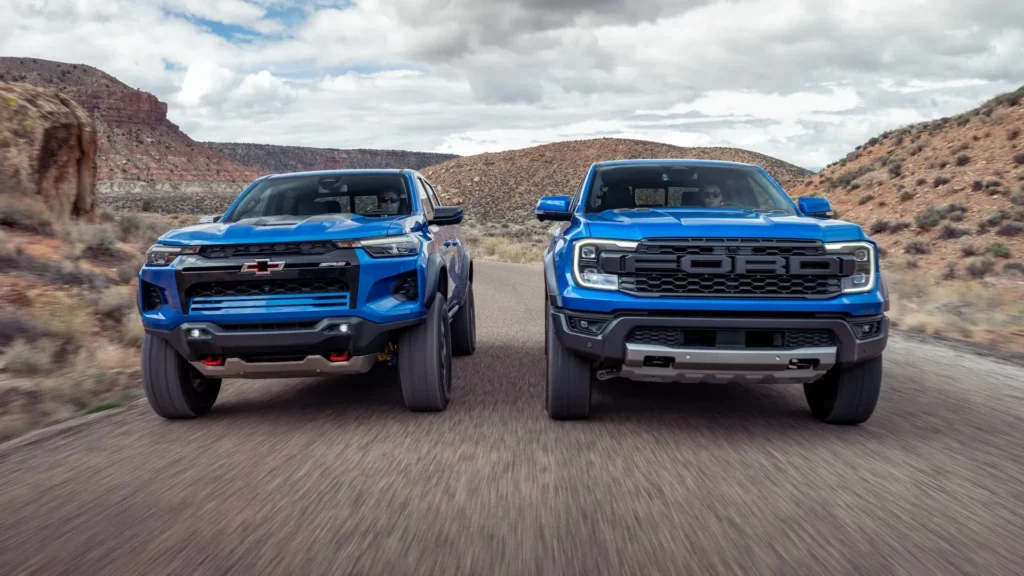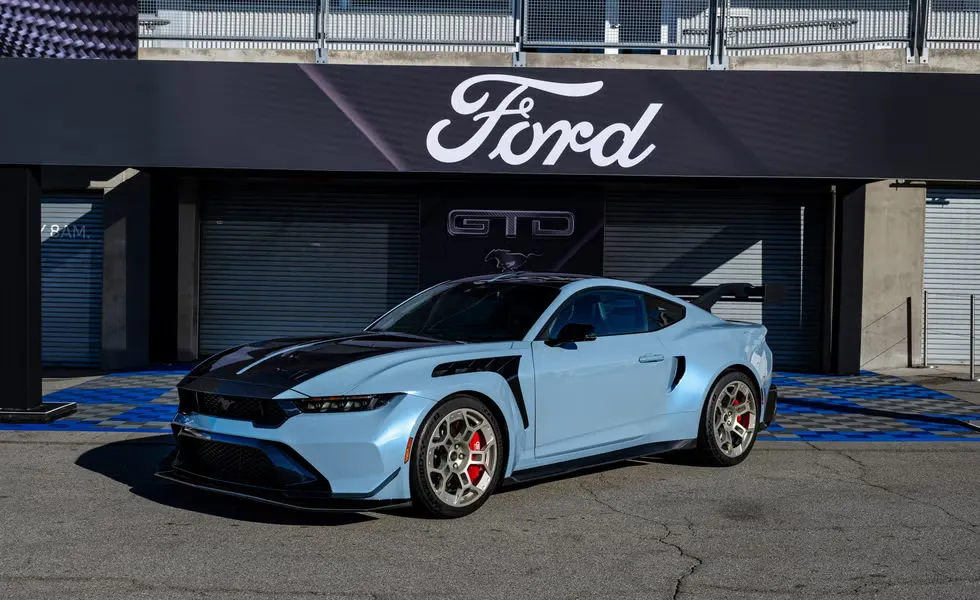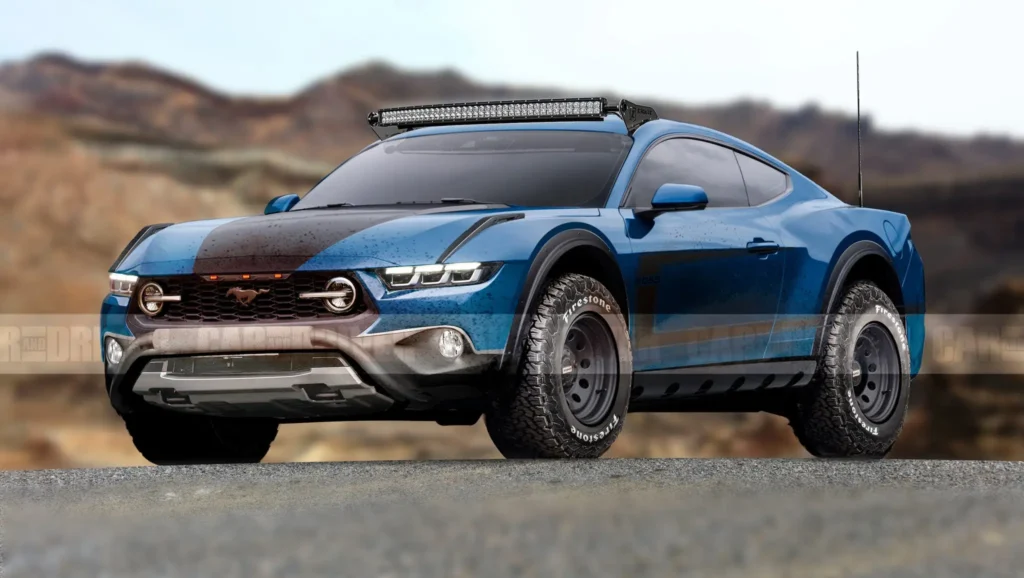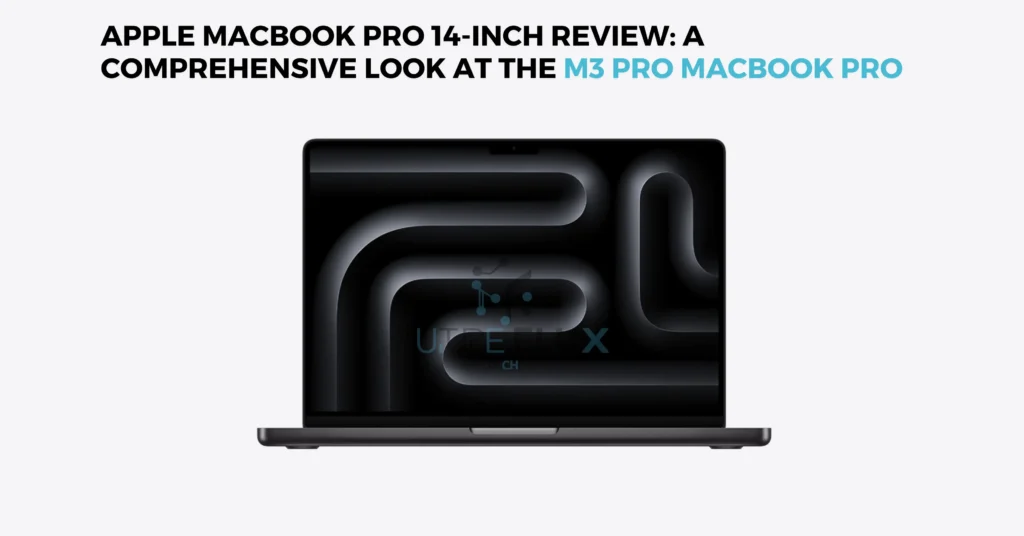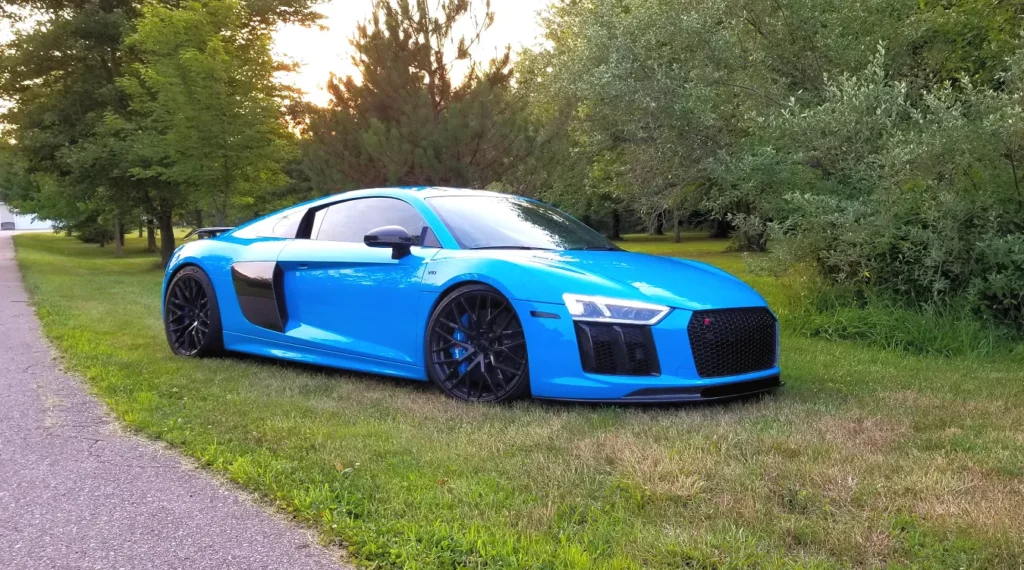The Ford Escape Lincoln Corsair battery recall has become a major headline in 2025, affecting thousands of plug-in hybrid vehicle (PHEV) owners in the U.S. and Canada. This safety recall involves battery packs that could potentially overheat, short-circuit, or even catch fire. Ford has officially confirmed the problem and has begun notifying owners, urging them to stop charging their vehicles until the defect is resolved.
If you drive a 2020–2024 Ford Escape PHEV or a 2021–2024 Lincoln Corsair Grand Touring, this recall directly concerns you. In this article, we’ll walk you through everything from the cause of the issue, the models affected, how Ford is responding, and what steps you should take right now.
Battery Recall Summary Table
| Vehicle Model | Model Years | Issue Reported | Fix Provided | Status as of 2025 |
|---|---|---|---|---|
| Ford Escape PHEV | 2020–2024 | Battery short/fire risk | BECM software, battery replacement | Fix in progress |
| Lincoln Corsair Grand Touring PHEV | 2021–2024 | Same defect | BECM software, battery replacement | Software released |
| U.S. Affected Units | — | 20,484+ | — | Recall notices sent |
| Canada Lawsuit | — | Class action filed | — | Pending |
| Fire Reports | — | 7 cases, 1 confirmed fire | — | No injuries reported |
| Charging Warning | — | Do not charge vehicle | — | Still in effect |
| Lawsuit Filed in U.S. | — | April 2025 | — | Ongoing |
| Ford Response | — | Software + Battery fix | Free for owners | Began early 2025 |
| Related Automakers | — | VW, Chrysler shared parts | Separate recalls | February 2025 |
| Replacement Battery Timeline | — | Q2–Q3 2025 expected | Delays due to supply chain | May vary by location |
What Triggered the Ford Escape Lincoln Corsair Battery Recall?
The Ford Escape Lincoln Corsair battery recall was triggered after Ford discovered an internal battery fault that could lead to a short circuit within the high-voltage lithium-ion battery packs. This problem increases the risk of overheating, sudden power loss, or, in worst-case scenarios, battery fires.
This is not the first time Ford has had issues with battery packs. According to Reuters, around 20,484 vehicles have been impacted in the United States alone. What’s more alarming is that Ford has warned owners not to charge their vehicles until further notice.
Which Models Are Affected?
The recall specifically applies to the following plug-in hybrid models:
Ford Escape Plug-In Hybrid (model years 2020 to 2024)
Lincoln Corsair Grand Touring PHEV (model years 2021 to 2024)
These vehicles use battery packs sourced from suppliers that also serve other automakers, raising broader concerns about shared components across brands.
In Canada, a separate class action lawsuit has been filed, highlighting safety concerns with the same batteries used in these vehicles.
What Is Ford Doing About It?
Ford’s response includes a two-phase remedy. First, dealers will install a Battery Energy Control Module (BECM) software update that’s meant to detect and isolate defective cells early. If the software identifies a faulty battery, the entire high-voltage pack will be replaced free of charge.
As reported by Car and Driver, the software updates have already begun rolling out in early 2025. However, full battery replacements may take until Q3 2025 due to supply chain limitations.
Is It Safe to Drive These Vehicles Now?
Ford has specifically instructed owners to stop charging their vehicles immediately. While it’s still technically safe to drive using only gasoline, doing so removes the fuel-efficiency and electric-driving benefits of a plug-in hybrid.
Until the fix is complete, your hybrid vehicle functions more like a regular gas-powered car. According to Ford’s official recall notice, drivers are urged to contact dealers to check their vehicle’s recall status and receive the necessary software updates.
What Are Owners Saying?
Many affected drivers have expressed frustration on forums and Reddit, with some saying the lack of transparency has left them feeling ignored. A Corsair Grand Touring owner wrote, “I bought a plug-in hybrid to save fuel, not to be told I can’t even charge it.”
Another Escape owner commented, “Ford hasn’t offered loaner vehicles or compensation, and we’re just stuck waiting for months without proper use of our car.”
This growing dissatisfaction has led to legal action. Hagens Berman filed a U.S.-based class action lawsuit in April 2025, while Canadian firm Charney Lawyers has taken similar steps.
Are There Other Brands Affected by This Battery Issue?
Interestingly, the battery pack design used in these Ford vehicles also appears in some Volkswagen and Chrysler plug-in hybrid models. According to The Detroit News, over 180,000 similar battery units were recalled earlier this year across other automakers.
This highlights a bigger issue in the EV and hybrid space—many car companies rely on third-party suppliers for critical parts like batteries, meaning a defect could ripple across multiple brands.
How to Check If Your Car Is Affected
If you’re unsure whether your vehicle falls under this recall, you can check your VIN on Ford’s recall site or call your dealership. The National Highway Traffic Safety Administration (NHTSA) also offers a VIN lookup tool.
Ford mailed out recall letters to affected customers starting in January 2025. If you didn’t receive one, it’s worth double-checking.
Final Thoughts
The Ford Escape Lincoln Corsair battery recall reflects how complex and delicate plug-in hybrid technology can be. While Ford has acted swiftly with software updates and safety notices, the months-long wait for full battery replacements is understandably frustrating for many owners.
It’s important for drivers to follow the guidance, avoid charging, and get their software updates done as soon as possible. In the long run, this recall might push automakers toward even stricter battery quality checks and better transparency with customers.
If you drive one of the affected models, prioritize your safety and stay in touch with your dealer for future updates. You can also learn more from NHTSA and Ford’s official recall support page.
FAQs about the Ford Escape Lincoln Corsair Battery Recall
Q1. What is the Ford Escape Lincoln Corsair battery recall about?
The recall affects 2020–2024 Ford Escape PHEV and 2021–2024 Lincoln Corsair Grand Touring PHEV models due to a high-voltage battery defect that may cause fires or power failures.
Q2. Which vehicles are included in the recall?
The recall applies to plug-in hybrid versions of the 2020–2024 Ford Escape and the 2021–2024 Lincoln Corsair Grand Touring. Over 20,000 units are affected in the U.S.
Q3. What caused the battery recall in these Ford and Lincoln models?
An internal fault in the lithium-ion battery can lead to short-circuiting, which increases the risk of overheating, sudden battery failure, or vehicle fire.
Q4. Is it still safe to drive my recalled vehicle?
Ford says you can still drive it using the gas engine but do not charge it until the software update or battery replacement is completed.
Q5. What should I do if my car is recalled?
Contact your Ford or Lincoln dealer, check your VIN on the Ford recall website, and get the BECM software update. Wait for further instructions on battery replacement.
Q6. Will Ford replace the entire battery for free?
Yes, if the software detects a faulty battery, Ford will replace the entire high-voltage battery pack at no cost to the owner.
Q7. Has there been any legal action over the recall?
Yes, class-action lawsuits have been filed in both the U.S. and Canada, claiming that Ford sold unsafe vehicles and failed to provide a timely fix.
I am Muhammad Waqas and I am dedicated to promoting sustainable vehicles. Observing EV trends, studying the intricacies of the EV industry, and promoting new EV launches fall under my expertise. I have been working in this field for 5 years and making efforts for a sustainable and healthy future.

